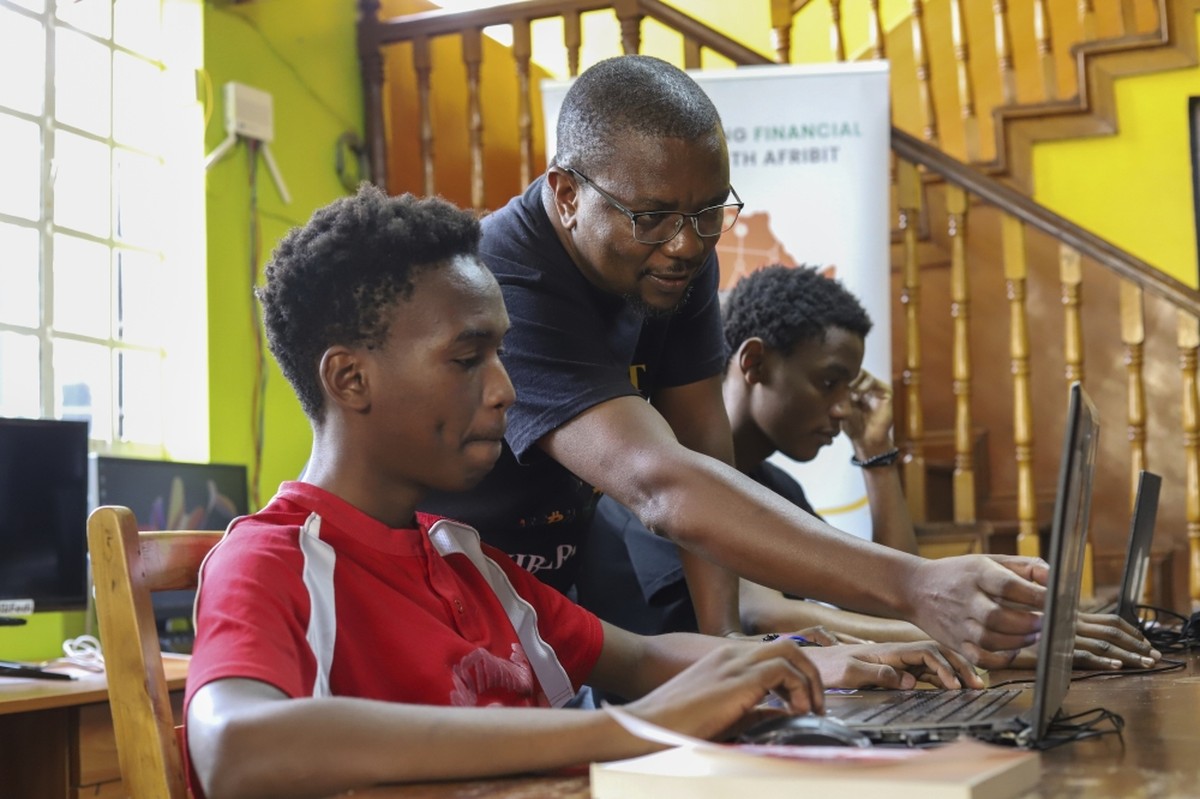09/06/2025
09/06/2025

KIBERA, Kenya, June 9, (AP): Dotting the roadside in what is widely considered Africa’s largest urban slum are typical stands selling vegetables. What isn't typical is their acceptance of bitcoin as a form of payment. Around 200 people use bitcoin in Soweto West, a neighborhood of the Kibera slum in Kenya 's capital. It's part of an initiative to extend financial services to one of the country's poorest and most under-banked areas.
Its promoters say the adoption of crypto fits with the ideals of bitcoin as an accessible, democratic technology - but experts say it also has major risks. Bitcoin came to Soweto West via AfriBit Africa, a Kenyan fintech company, through its nonprofit initiative to improve financial inclusion. "In many cases, people in Kibera do not have an opportunity to secure their lives with normal savings,” said AfriBit Africa co-founder Ronnie Mdawida, a former community worker. With bitcoin, "they do not need documentation to have a bank account … that gives them the foundation for financial freedom.”
Bitcoin, the first and largest crypto, was created in 2009 in the wake of the global financial crisis as a decentralized digital asset that could act as an alternative method of payment. The asset has found more popular use as a store of value, like a digital form of gold. Bitcoin has attracted enthusiastic supporters as prices have climbed almost 1,000% in the last five years. But its volatility and lack of regulation are concerns. AfriBit Africa introduced bitcoin into Soweto West in early 2022 through crypto-denominated grants to local garbage collectors, who are often funded by nonprofits.
The groups are made up of dozens of young people, who Mdawida says are more likely to be open to new tech. After gathering on a Sunday to collect trash, garbage collectors are paid a few dollars' worth of bitcoin. AfriBit Africa estimates that it has put some $10,000 into the community, with garbage collectors acting as the main agents of spreading bitcoin in Soweto West.
In Kibera, many people earn about a dollar a day. Now a small number of other residents hold bitcoin, and some merchants and motorcycle taxis accept payments in crypto. Damiano Magak, 23, a garbage collector and food seller, said he prefers bitcoin to M-PESA, the ubiquitous mobile money platform in Kenya, because M-PESA transaction costs are higher and the network can be slower.


